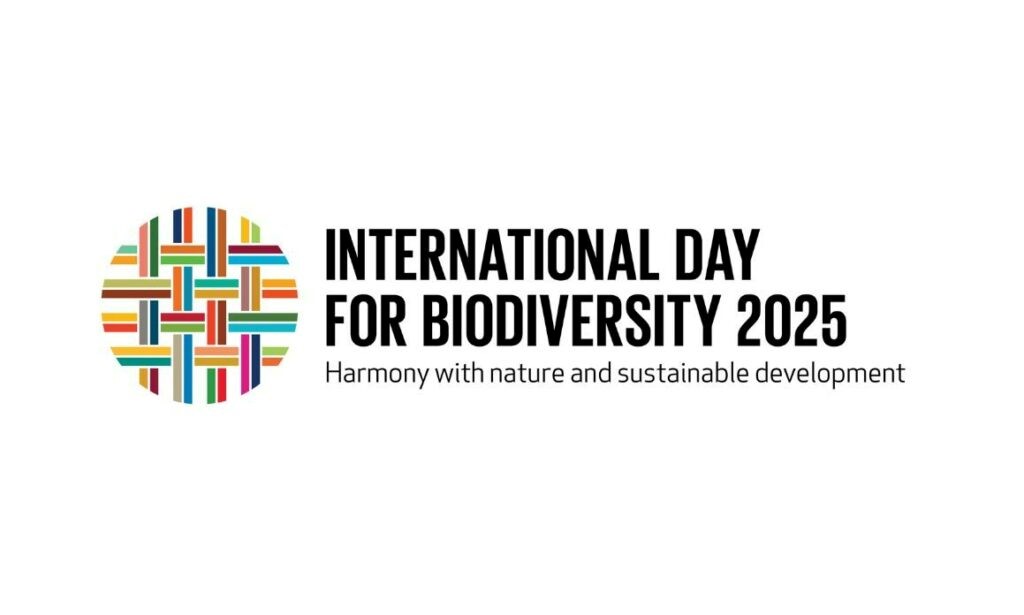UN Celebrates Biodiversity on May 22
UN Celebrates Biodiversity on May 22
Why in the News ?
The United Nations marks May 22 annually as the International Day for Biological Diversity to raise awareness about the variety of life on Earth and promote biodiversity conservation. A quiz released on this occasion promotes understanding of biodiversity’s scope, threats, and conservation efforts, highlighting the importance of species diversity and ecosystem services in environmental ecology, including the climate change impact on biodiversity.
Basics of Biodiversity and Its Measurement:
- Biodiversity refers to the variety of life on Earth, including plants, animals, bacteria, and fungi. It encompasses the rich species diversity found in ecosystems ranging from tropical forests to marine ecosystems like coral reefs, which are crucial for maintaining ecosystem services and mitigating climate change impacts.
- The term “biodiversity” was coined by Walter G. Rosen in 1985.
- The simplest way to measure biodiversity is by species count—number of species present in a given area. This method is crucial for assessing biodiversity in India and other global biodiversity hotspots, including tropical forests and coral reefs.
- The man credited with popularizing this measurement is Edward O. Wilson, known as the “father of biodiversity”.
Unique Species and Public Awareness
- Endemic species are those that are unique to specific geographic areas and not found elsewhere. These species contribute significantly to the biodiversity in India and are often found in protected areas like the Gujarat wildlife sanctuary, which also supports Gujarat tourism through its conservation efforts and forest management practices.
- This quiz, created by Rachel Abraham, promotes awareness of ecological issues through engaging questions about biodiversity conservation and ecosystem functioning, including the importance of freshwater resources and the climate change and ecosystems relationship.
- The quiz also encourages public participation and awareness on biodiversity threats like habitat loss, climate change, and human activities that impact wildlife conservation efforts and ecosystem services, including those provided by coral reefs and tropical forests.
Global Framework and Biodiversity Hotspots:
- The Convention on Biological Diversity (CBD) is a UN multilateral treaty aimed at conserving biodiversity, ensuring sustainable use, and fair benefit-sharing of ecosystem services.
- Around 1.75 million species have been discovered and documented so far, showcasing the immense species diversity on our planet, from urban biodiversity to complex tropical forest ecosystems.
- Regions closer to the equator have higher biodiversity due to stable climates and longer evolutionary histories. This includes tropical forests and other biodiversity hotspots, which are crucial carbon sinks and provide vital ecosystem services.
- The Indian Ocean and Pacific Ocean host the most diverse marine ecosystems, including coral reefs that are crucial for maintaining ecosystem services and mitigating climate change impacts such as sea level rise.
- Biodiversity hotspots are biologically rich but threatened regions that require urgent conservation efforts to protect their unique species and habitats, including tropical forests and mangrove forests, which play a critical role in natural disaster mitigation and providing ecosystem services.
- Brazil has the highest biodiversity index, with the most number of hotspots, followed by other countries with significant tropical forests and diverse ecosystems that provide crucial ecosystem services.




